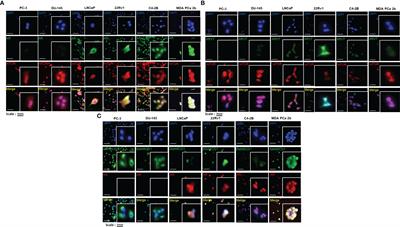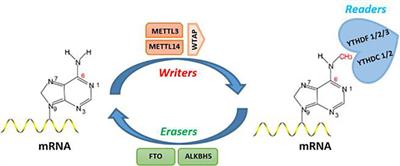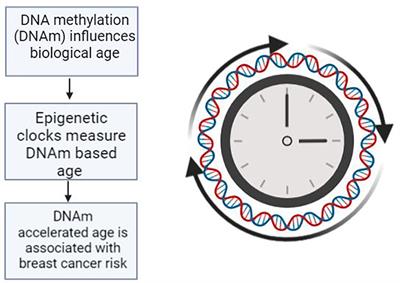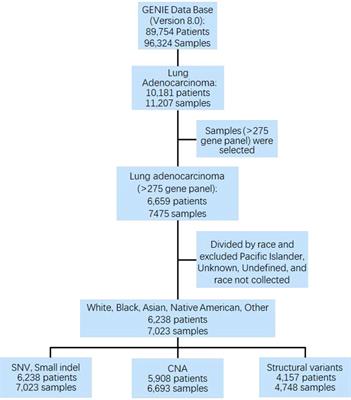EDITORIAL
Published on 04 Apr 2024
Editorial: Epigenomic drivers of cancer disparities
doi 10.3389/fonc.2024.1387049
- 588 views
- 1 citation
6,166
Total downloads
19k
Total views and downloads
Select the journal/section where you want your idea to be submitted:
EDITORIAL
Published on 04 Apr 2024
ORIGINAL RESEARCH
Published on 07 Nov 2023

ORIGINAL RESEARCH
Published on 09 Aug 2023

REVIEW
Published on 17 Mar 2023

MINI REVIEW
Published on 15 Mar 2023

ORIGINAL RESEARCH
Published on 28 Sep 2022

ORIGINAL RESEARCH
Published on 28 Jul 2022

ORIGINAL RESEARCH
Published on 02 Jun 2022

